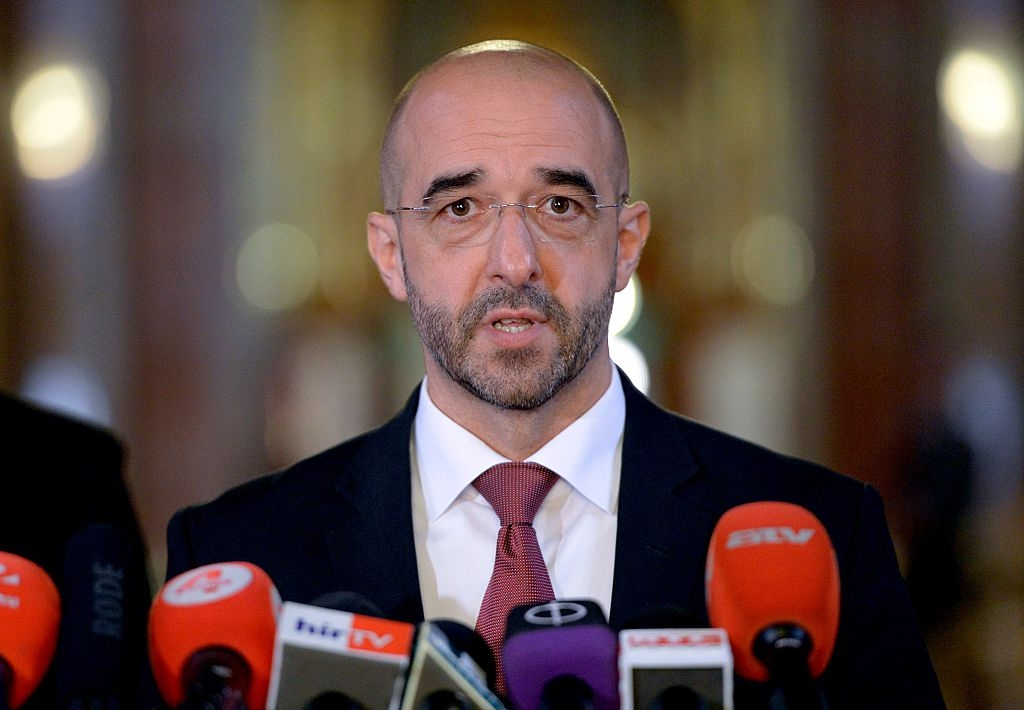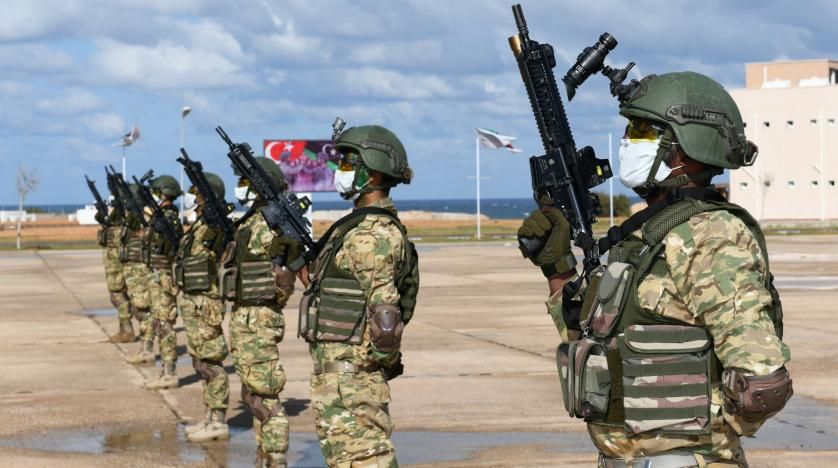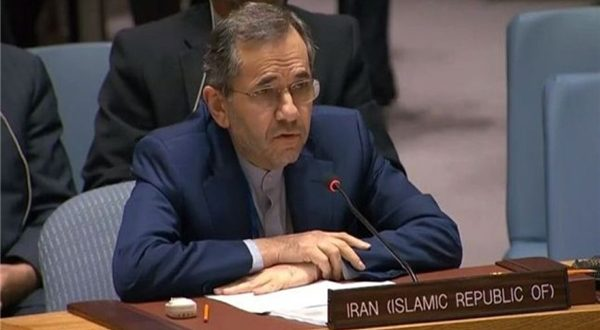Iran media highlights Turkey’s foreign minister: Palestine is our dream
“We wholeheartedly support our Palestinian brothers and sisters on the International Day of Solidarity with the Palestinian People,” Cavusoglu wrote.
Iranian media on Sunday highlighted Turkey’s support for Palestinians with the headline “Palestine is our dream” and quoting the Turkish foreign minister.





